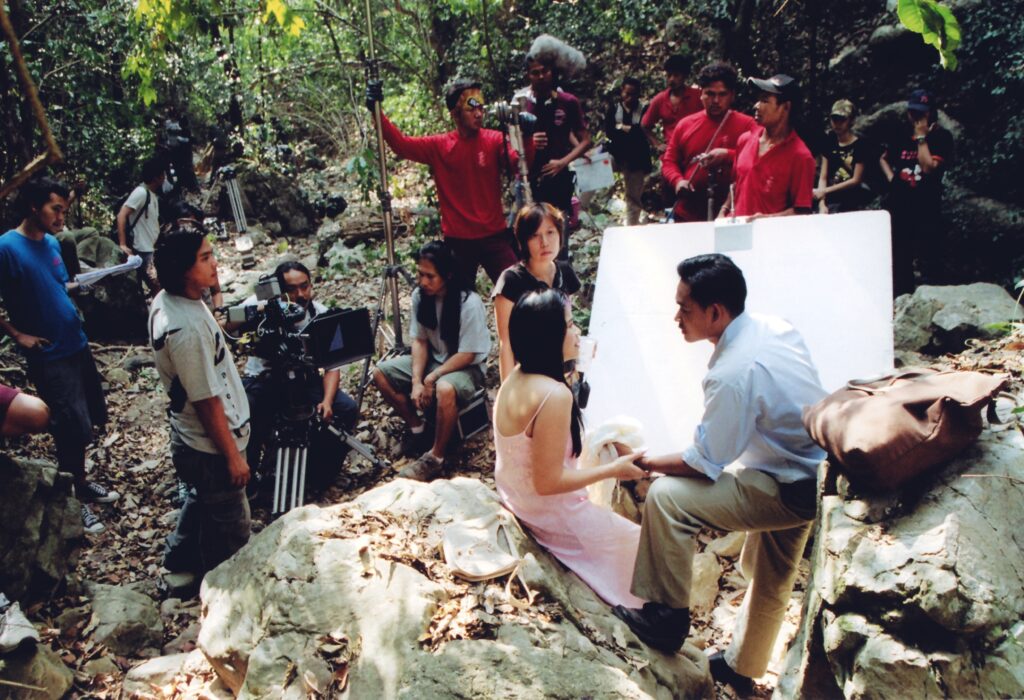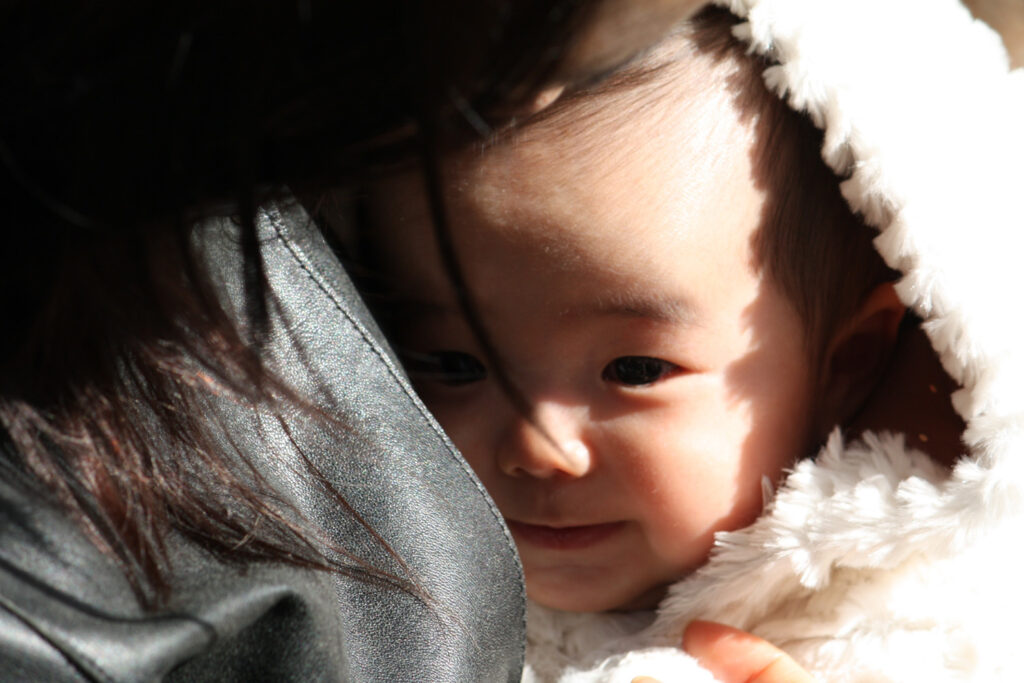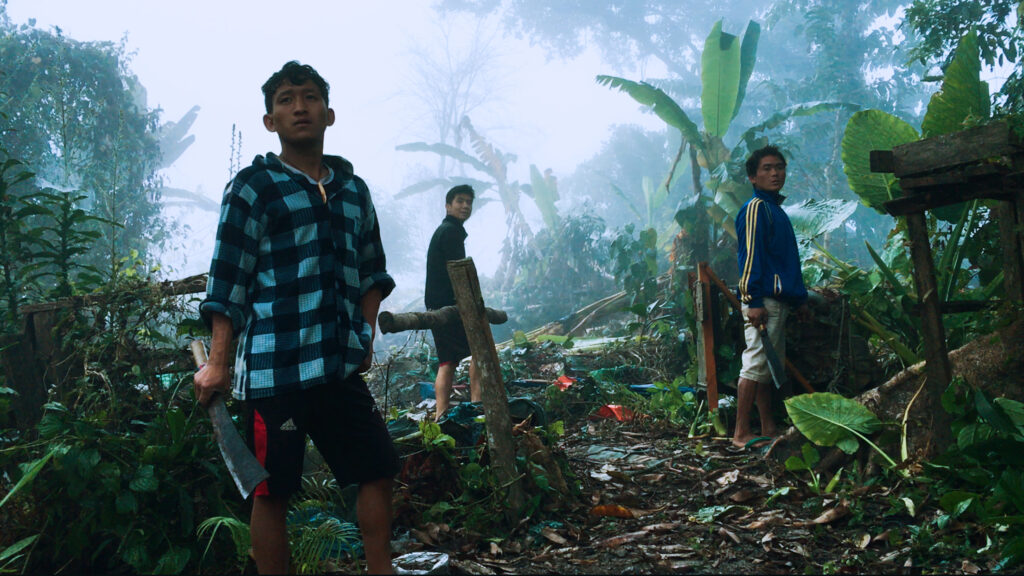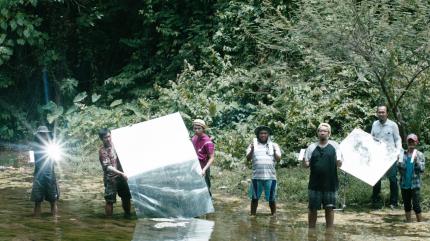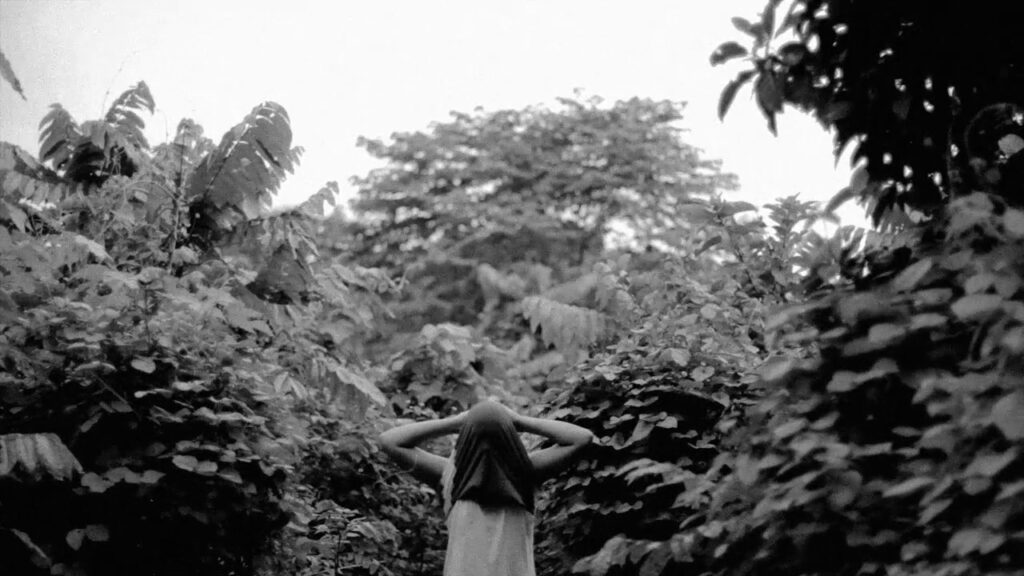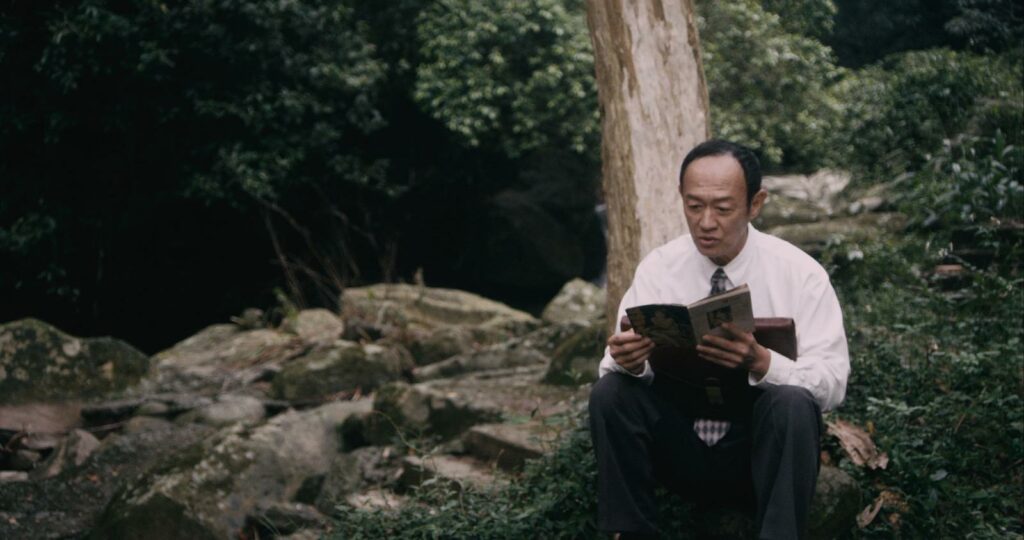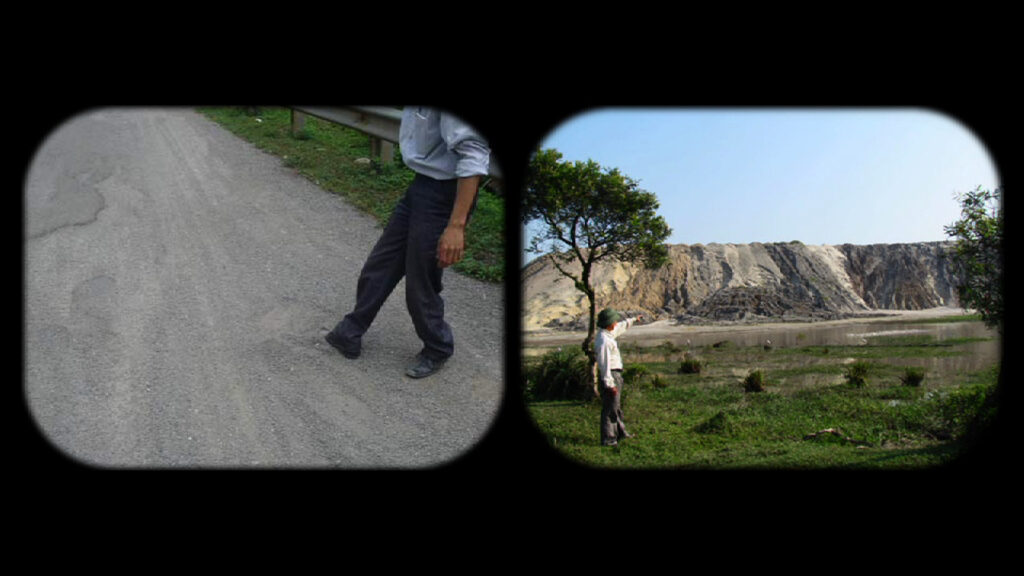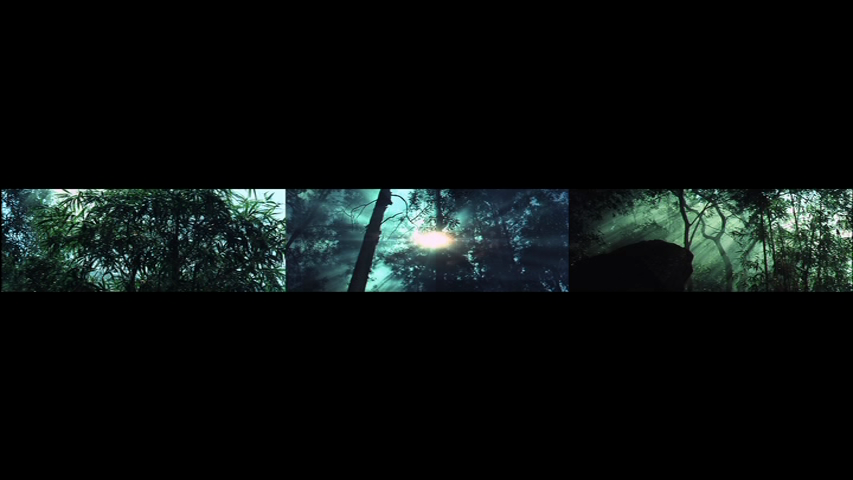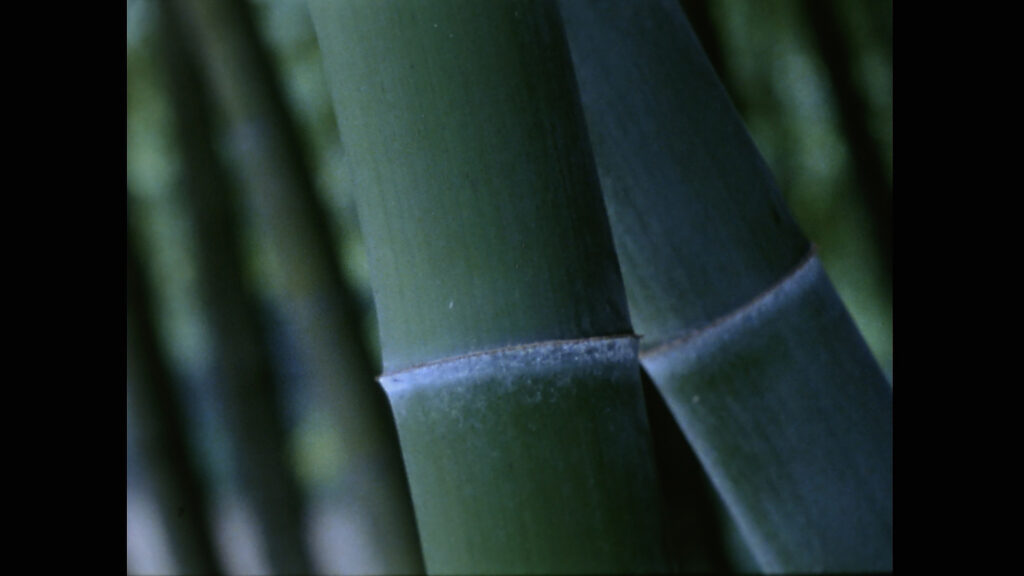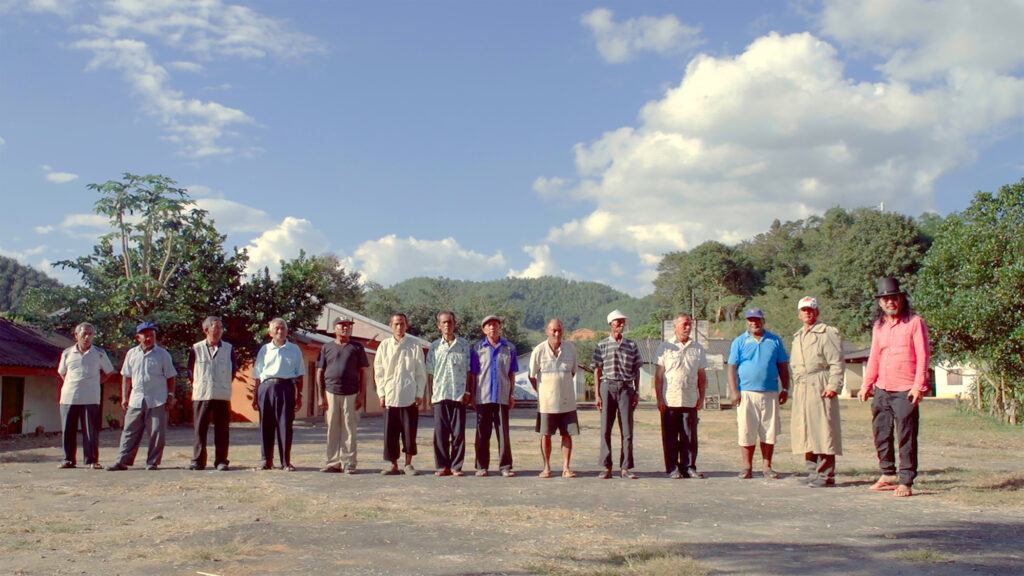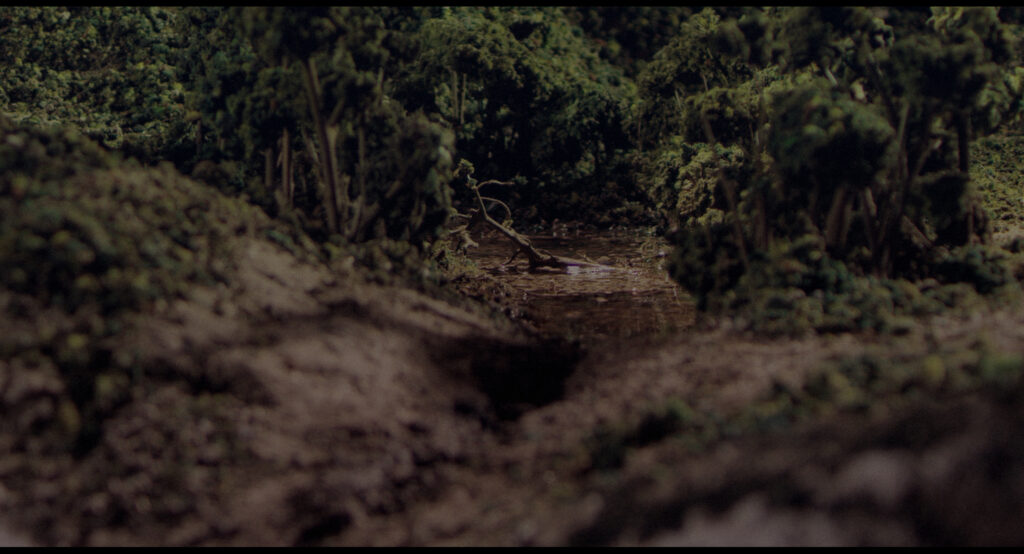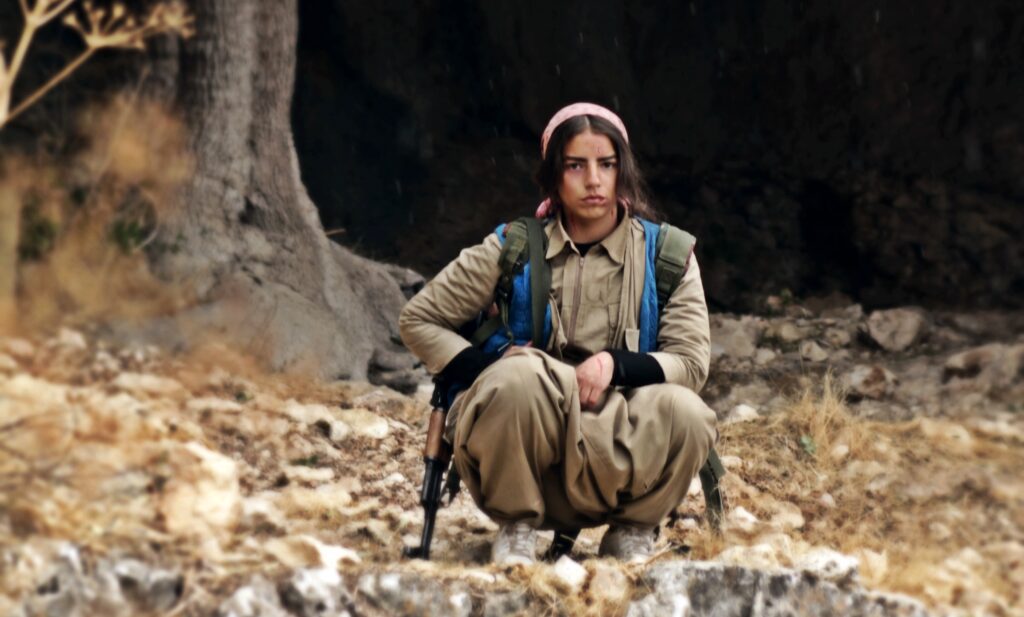Past (5)
A couple escape from their families and flee deep into the jungle. At nightfall, a song illustrates the innocence of their love and their search for happiness. Palme d’Or winning filmmaker Apitchatpong Weerasethakul invited fellow Thai filmmaker Pimpaka Towira to shoot a 35mm film in the forest while he observed the production though his digital camera. While Worldly Desires is dedicated to Weerasethakul’s memories of filmmaking in the jungle from 2001–05, it is also a story of forbidden love and desire, loaded with poetry, metaphor and mystery.
Naomi Kawase is amongst the most renowned of contemporary Japanese filmmakers and Genpin is a sensually shot documentary revelation. In the heart of a dense Okazaki city forest, we follow Dr. Tadashi Yoshimura, midwives and expectant mothers during four seasons at a natural childbirth clinic. Employing centuries old practices that often run askew from contemporary medicine, Kawase’s tender film oscillates between the intimate moments of joy, pain and doubt in honouring this way of life.
The title Genpin recalls the words of the Chinese philosopher Lao Tzu: ‘The valley spirit never dies / It is named the mysterious woman (genpin).’ In the film, Yoshimura reflects on the relationship between childbirth and death, and observes—more as a human being than a doctor—that to deny death is to deny life. Life born into this world, life that ends at the moment of birth, life that ends before birth. Lives do not cease as a solitary life but are carried on by the species, and continue. Through the flux of the Japanese seasons, Naomi Kawase entered the circle of the women giving birth at the Yoshimura Clinic and the world of Dr. Yoshimura—who has spent 40 years on the path of natural childbirth—and wove the footage she shot with her own 16mm camera into this film.
Somewhere in Burma, a forest rich in amber is controlled by the Kachin Independence Army. For most of the inhabitants, amber mining is their only means of subsistence. Working in harsh conditions under constant threat from the government army, these forest villagers live in fear and despair, with a future as dark as the end of the mining tunnel. Blood Amber is a richly cinematic documentary experience.
Sensory, colourful and widescreen, the forest is already naturally cinematic.
Since the turn of this century, the forest has fascinated a new generation of global art filmmakers who have chosen the forest as a space for their creative exploration. ‘Screening the Forest’ takes nature as its point of departure by weaving together cinematic forests from India, Japan, Singapore, South Korea, Taiwan, Thailand, Vietnam and the Philippines. In some cases, the forest may even refer to nothing but a world construed as its own territory.
Like the real forest, where many genuses of trees coexist, the programme emphasizes that cinema is constructed not only culturally and aesthetically, but also ecologically or even animistically. As new strategies and interpretations of the forest emerge from a variety of Asian filmmakers, new trees can be sowed within our own imagination.
Q&A with curator Dr. Graiwoot Chulphongsathorn
An existential thriller with touches of magic realism, Jîn follows 17-year-old Jîn, a Red Riding Hood with a fierce survival instinct. She is a freedom fighter who flees her armed organisation for reasons unknown. Jîn finds herself battling bravely through dark forests, spending solitary days in the mountains, and ultimately heading towards a city where her future is still unclear. Symbolising the complex and heated conflict between military forces and Kurdish guerrillas, the film contemplates the effect this military conflict has on the forest and mountains, including their inhabitants: animals, trees and the ecosystem enfolding them all, which doesn’t have the ability to fight back.
Introduced by Dr Graiwoot Chulphongsathorn
This special screening of Jîn is kindly supported by Berwick Film Society


